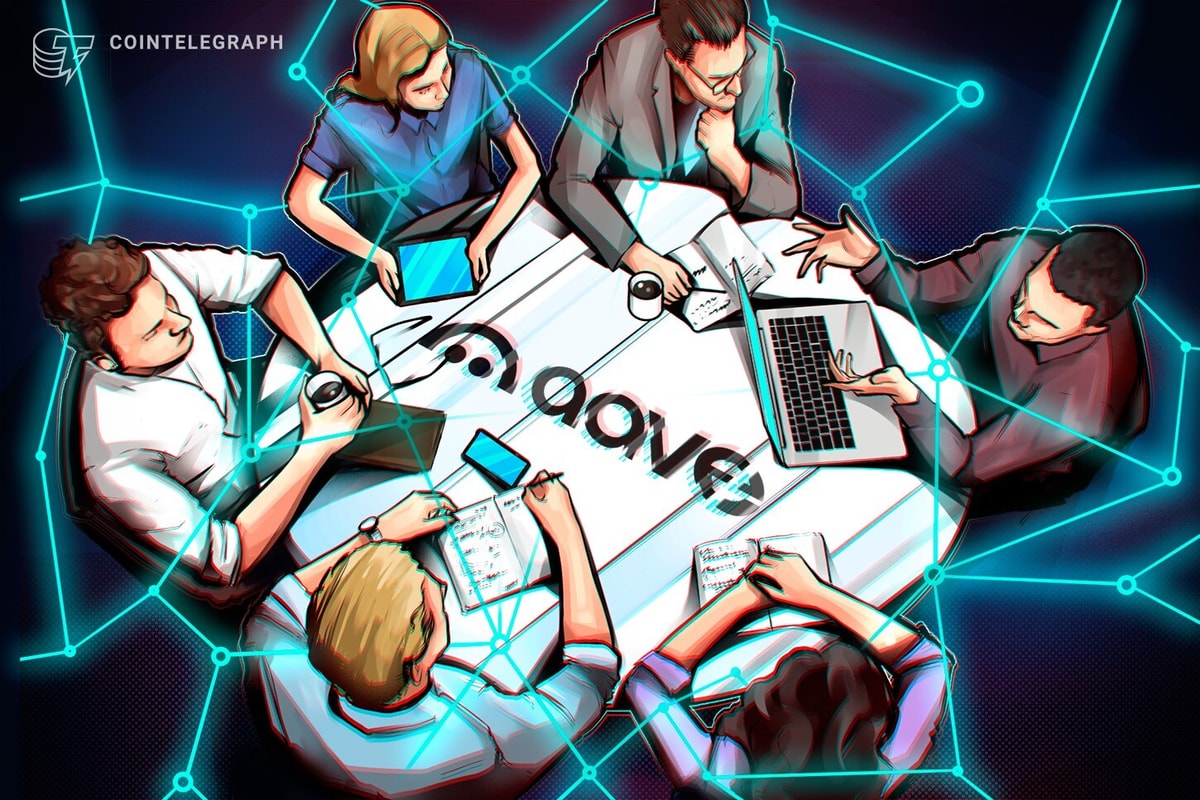The DeFi protocol aims to capture around 40% of MEV profits from adding Chainlink’s new oracle service.
News
Aave is mulling integrating a new Chainlink oracle designed to redirect profits from transaction frontrunning to the decentralized finance (DeFi) protocol’s users, according to a proposal in Aave’s governance forum.
On Dec. 23, decentralized oracle provider Chainlink released Smart Value Recapture (SVR), an oracle service specializing in capturing profits from Maximum Extractable Value (MEV) to benefit DeFi protocols.
The same day, Aave proposed integrating SVR “to recapture MEV from Aave liquidations and return it to the Aave ecosystem.”
Blockbuilders profit from MEV by reordering transactions before posting finished blocks to the public blockchain ledger. This sometimes, but not always, comes at users’ expense.
Source: Aave
Aave’s MEV problem
Aave lets users borrow cryptocurrency by depositing other crypto assets as collateral. The collateral is forfeited or “liquidated” if it declines too much in value.
“[W]henever a position needs to be liquidated, [a third-party] liquidator repays some amount of debt and receives the equivalent value in collateral, plus a percentage on top denominated liquidation bonus,” according to the proposal.
This has been an “elegant solution,” but “ lately a ‘problem’ has appeared that deserves some type of optimization: MEV,” the proposal said.
The liquidation bonus creates “a very clear opportunity for MEV” and results in a “pretty significant profit for an entity that doesn’t do the majority of the job: the builder.”
Meanwhile, “the protocol users receive way less in proportion,” the proposal said.
According to Aave, Chainlink’s SVR is a service that sells, via an MEV-Share auction, “the right to back-run” Chainlink’s price-feed oracle and profit from liquidations.
Aave estimates SVR can capture approximately 40% of MEV profits, which could be redirected to Aave DAO to benefit users.
Related: Protecting Web3 user’s integrity by preventing malicious MEV — Here’s how
Protecting against MEV
Users and protocols across the Ethereum network are scrambling to avoid the costs of harmful MEVs.
Private transactions now dominate Ethereum’s order flow as users seek to protect trades, according to an August report from Blocknative.
Private orders involve sending transactions directly to a validator, in an arrangement known as a “dark pool,” instead of into the public queue.
“Users typically choose to transmit transactions privately for MEV protection,” according to Blocknative.
Magazine: Rise of MicroStrategy clones, Asia dominates crypto adoption: Asia Express 2024 review
This article first appeared at Cointelegraph.com News


